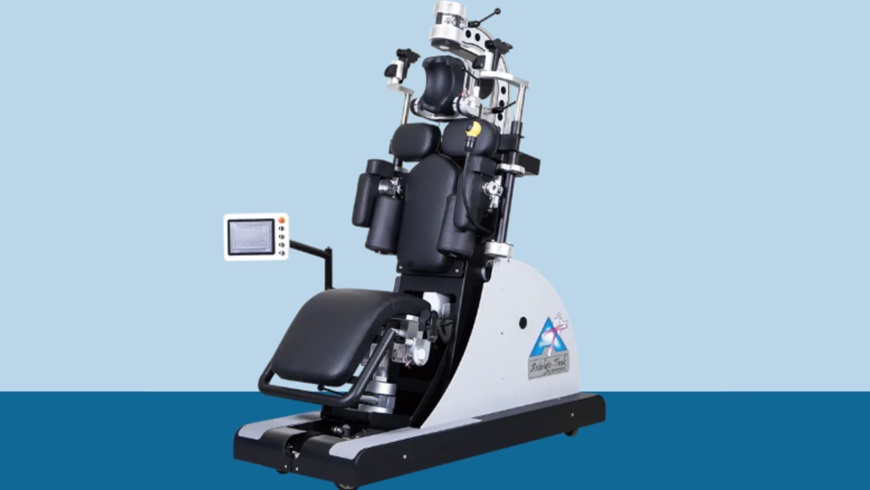Neck stiffness is easy to shrug off, especially when it creeps in after a long day at the desk or a restless night of sleep. But what if that tension doesn’t stay put? What if it begins to move—down your shoulder, through your arm, even into your hand? That discomfort is your body’s way of sending up a red signal. Ignoring it may cost you more than a few nights of rest.
Shoulder and arm pain that originates in the neck isn’t just about strain or sore muscles. It often signals a more profound problem involving the nerves in your cervical spine. When these nerves are compressed or inflamed, they can cause pain, tingling, or weakness along the entire path down the arm. Understanding what’s behind that pain is essential to stop it before it worsens.
1. When Neck Pain Becomes a Traveling Trouble
What starts in the neck doesn’t always stay there. The cervical spine houses nerves that extend into your arms and hands. When something disrupts this area—like a bulging disc or bone spur—it can pinch or irritate those nerves, creating discomfort. This radiating pain might appear as a dull ache, sharp sting, or burning sensation.
People often assume the issue is isolated to the shoulder or arm. But treating just the symptoms without addressing the root cause in the neck will rarely bring lasting relief. It’s essential to pay attention to where the pain begins and how it spreads.
2. Common Culprits Behind Radiating Arm Pain

Several spinal conditions can trigger this kind of nerve-related discomfort. A herniated disc in the neck is one of the most common causes. This happens when the soft inner material of a disc pushes through its outer layer and presses against a nerve. Another frequent offender is cervical spondylosis—wear and tear in the neck joints that narrows the spinal canal. In rare cases, other causes include pinched nerves from poor posture, repetitive motion injuries, or even spinal infections or tumors.
3. Don’t Ignore These Warning Signs
Not all pain is created equal. If neck discomfort is accompanied by shooting pain down the arm, numb fingers, or noticeable weakness in the hand, it’s time to get it checked. These are signs that a nerve is under pressure, and when left untreated, that pressure can lead to long-term damage. Even milder symptoms that linger over a few days shouldn’t be brushed off. Tingling, reduced grip strength, or stiffness that makes daily tasks harder are all reasons to seek help sooner rather than later.
4. How Targeted Treatment Can Provide Lasting Relief
With the proper care, neck-related arm pain can often be resolved. A spinal specialist will typically:
- Conduct physical exams and imaging (like MRIs)
- Identify the root cause of the pain
- Recommend modified treatments such as:
- Physical therapy
- Medications
- Minimally invasive procedures
A well-regarded provider offers personalized care to ease nerve pressure and restore movement. Their goal is lasting relief—not short-term fixes—so patients can return to daily life with better function and less discomfort.
5. Ignoring the Problem Can Lead to Bigger Issues
Delaying care for nerve-related pain doesn’t just mean more discomfort. It can lead to muscle atrophy, loss of coordination, and even permanent nerve damage. Some people begin to avoid using the affected arm altogether, which weakens the muscles further and limits mobility. Chronic pain related to the neck and arm also affects sleep, mood, and the ability to enjoy everyday activities. So, acting early allows for more treatment options and a greater chance of full recovery.
Shoulder and arm pain that begins in the neck is more than just a nuisance—it’s a warning from your nervous system. If left unchecked, it can interfere with strength, motion, and daily independence. If you’re feeling symptoms that follow this pattern, don’t brush them off. The sooner the issue is addressed, the easier it is to find lasting relief and avoid long-term damage.













Comments